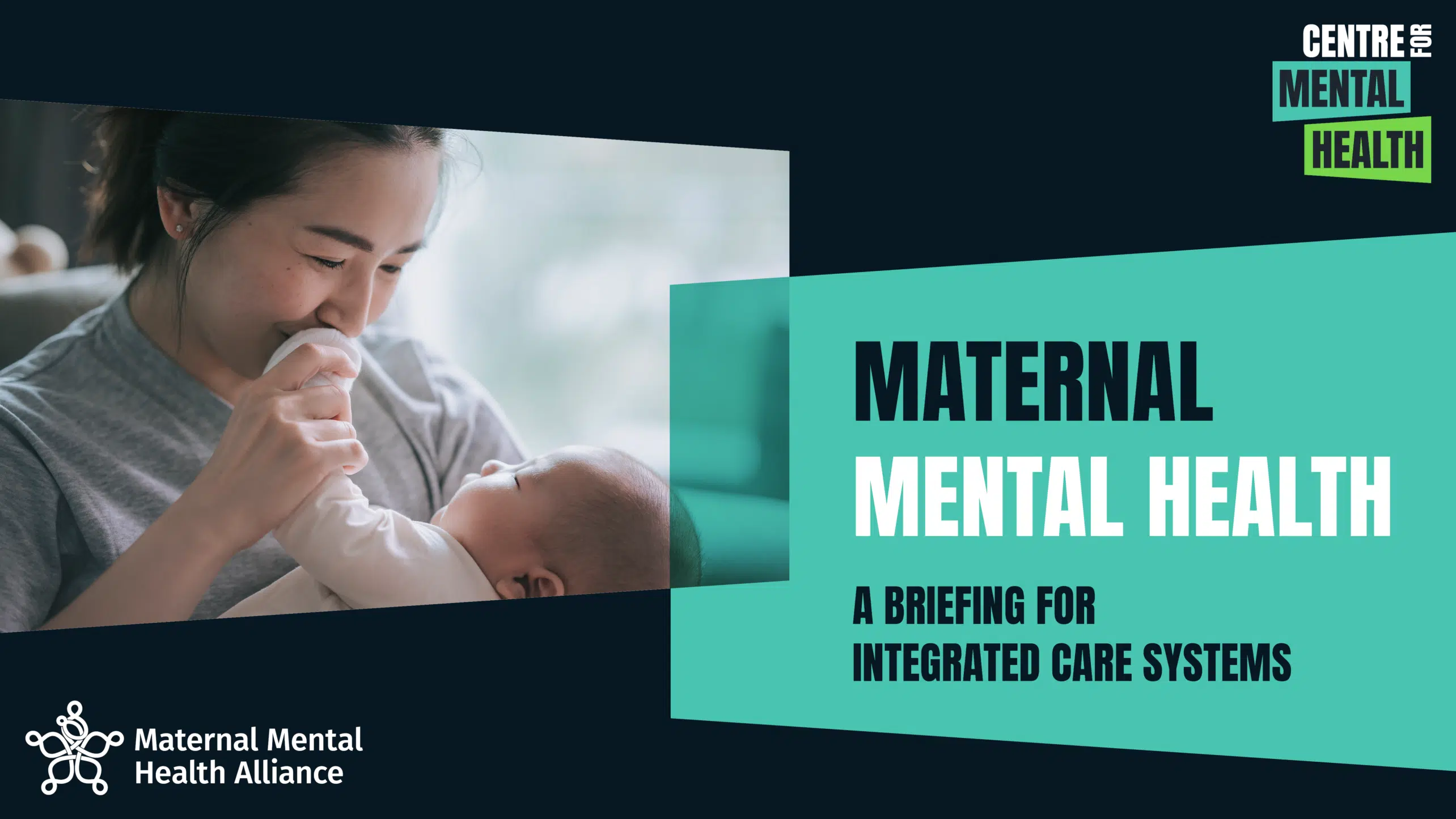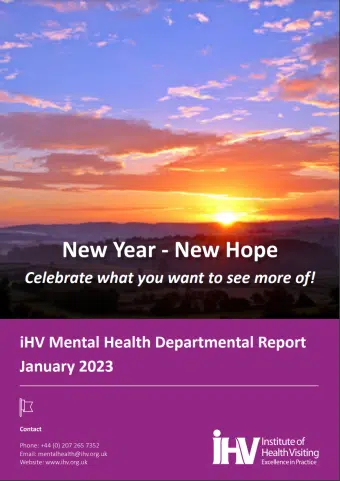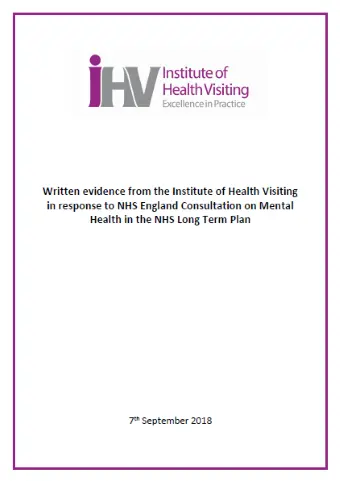Mental health problems during pregnancy or after giving birth are common. There can be poor long-term outcomes for parents and families without timely access to effective support and treatment. The Maternal Mental Health Alliance (MMHA) has today, launched a briefing to support Integrated Care Systems (ICSs) in England to make the most of their unique position, to ensure that all families who need support for their mental health in the perinatal period get the right level of help, at the right time, close to home.
Integrated care boards and partnerships have a statutory role in population health management. They bring together the NHS, local government, public services and civil society organisations, to explore how to improve health, reduce health inequalities and use public money wisely in the local context. Addressing mental health and wellbeing needs in the perinatal period provides ICSs with a unique opportunity to take a systemic approach in establishing good building blocks for health, for future generations.
The MMHA commissioned the Centre for Mental Health to produce a briefing to support ICSs to consider how best support can be offered. This builds on earlier work co-produced by the Institute of Health Visiting (iHV) and The MMHA to guide system’s thinking on perinatal mental health and how best practice can be further embedded (read our previous news story on this here).
The briefing encourages proactive leadership within the ICS system to ensure effective support for groups of women whose needs are less well met by existing services, including those from racialised communities, asylum seekers and refugees, single mothers, young mothers, those living in poverty or experiencing domestic abuse, LGBTQ+ parents, neurodiverse and disabled people, those who are care-experienced and those experiencing multiple adversities such as addiction, homelessness and exploitation.
Key areas for action are identified including, for universal services, the recommendation for midwives, GPs, and health visitors to ask about a woman’s mental health at all routine antenatal and postnatal appointments, as per national guidelines. Previous evidence supporting integrated mental health care with maternity and health visiting services, as both clinically effective and cost-effective, is highlighted. This proposed integrated service provision model would offer the following key support elements:
- Screening: Asking every woman in a skilled way about their mental health to identify need
- Assessment: Assessing the severity of women’s mental health needs and planning the most appropriate treatment in partnership with the individual
- Treatment: Offering low-intensity treatments for common mental health problems
- Coordination: Ensuring women receive ‘joined-up’ care and subsequent care and support as needed.
Hilda Beauchamp, Perinatal and Infant Mental Health Lead at iHV says:
“This important briefing highlights the unique opportunities that Integrated Care Boards and partnerships have to develop the universal workforce. When health visiting, maternity and GP services are adequately trained and resourced, families can be offered early, effective tailored support that can prevent problems developing or worsening.”
Further actions are included specific to NHS talking therapies, Specialist Perinatal Mental Health Services, Inpatient Services and Voluntary and Community Sector Support.
The briefing will be shared with all ICSs and we encourage you to draw attention to the publication through your local contacts and communications.







